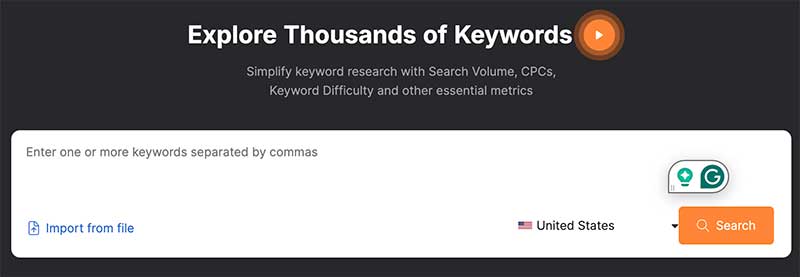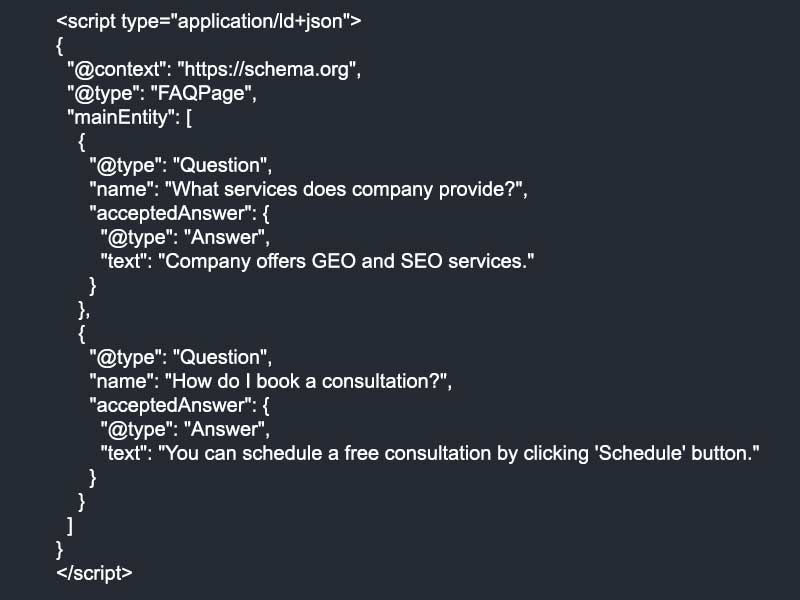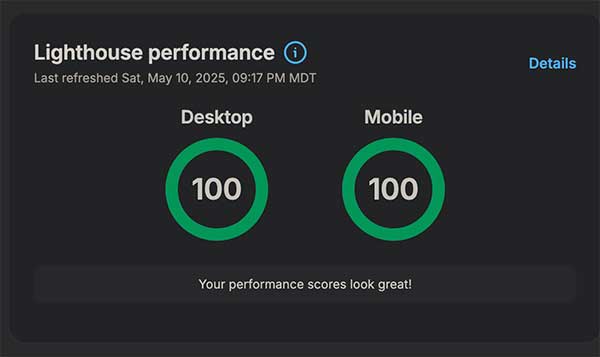Here’s Your Guide to Preparing for the Future of AI Search and How to Optimize for Both GEO and SEO
The way people find information online is changing fast. And if you’re still treating Google like it’s the only game in town, you’re already behind.
We’re entering a new era where AI-powered search tools like ChatGPT, Google’s Search Generative Experience (SGE), Bing Copilot, and Perplexity are beginning to reshape how people discover content.
For marketers, content creators, and business leaders, this shift introduces a new layer of strategy:
> Traditional SEO (Search Engine Optimization)
> Emerging GEO (Generative Engine Optimization)
And the companies that plan now and embrace both will be the ones capturing future organic visibility, trust, and leads.
Let’s walk through the difference between SEO and GEO, how to prepare for this AI search future, and what to start doing today.

First, Let’s Define the Terms
| SEO | GEO |
|---|---|
| Optimizing your website and content to rank higher in traditional search engines like Google and Bing. | Optimizing your content so it can be cited, summarized, or referenced by AI engines like ChatGPT, Gemini, Perplexity, or Google SGE. |
| Success = high keyword rankings, traffic from organic SERPs. | Success = being named as a source, quoted in answers, or linked in AI-generated responses. |
| Based on structured metadata, page speed, backlinks, and content relevance. | Based on clarity, expertise, structured answers, and discoverability by LLMs (Large Language Models). |
| Measured in SERP rankings, impressions, and clicks. | Measured in AI citations, mentions, and indirect referral traffic from AI-driven platforms. |
Why This Matters Now
People still search, and that won’t go away. In fact, Google processes over 8.5 billion searches a day.
At the same time, hundreds of millions of users are now asking ChatGPT, Bing Copilot, Perplexity, and others for answers they used to Google for.
These tools do not just link to your site. They synthesize an answer. That answer might reference your content if you’ve structured it right.
The goal is not to choose SEO or GEO.
It’s to understand how to do both intentionally and intelligently.
What Should You Be Doing Right Now?
Here’s your practical, no-fluff breakdown:
Step 1: Keep Doing What Works for SEO
- Keyword research still matters: But now include questions users ask, not just phrases

2. Schema markup is essential: Use Article, FAQPage, and HowTo schema so both search engines and AI crawlers understand your content structure

3. Speed, mobile-friendliness, and UX remain core pillars: GEO and SEO will always rely on technical performance

Step 2: Add GEO (Generative Engine Optimization) To Your Playbook
- Write clearly and contextually
Think about how AI tools read content. They want structured, concise, and educational content they can summarize - Answer specific questions in H2 or H3 headings
Right below that heading, provide a short, direct answer then elaborate Example:
Q: What is GEO in digital marketing?
A: Generative Engine Optimization (GEO) is the practice of optimizing content, so AI engines like ChatGPT and Google SGE can discover and cite your site as a trusted source - Use first-party insights and original takes
AI platforms value originality, not just summaries of what’s already out there - Don’t hide behind jargon or generalities
Write like you’re explaining something to a real human, which also helps AI understand it better - Get indexed fast
Use Google Search Console’s URL Inspection Tool to submit new blogs immediately after publishing (this one is very crucial in our testing of indexing alone) - Mark up your author bio and About page with structured data
LLMs pull from multiple sources to verify authority. Connect the dots for them
AI Search is Already Impacting Visibility
You may not realize it yet, but you’ve likely already lost some traffic to AI engines giving users the answer without clicking.
The question is, will your brand be the one giving the answer?
The earlier you begin optimizing for GEO alongside your existing SEO strategies, the easier it will be to ride the wave instead of chasing it.
Where People Are Searching Right Now?
| Platform | Usage Type |
|---|---|
| Google Search | Fast factual queries, shopping, local services |
| Bing / Bing Copilot | AI-summarized answers with source links |
| ChatGPT (with web browsing) | Exploratory research, comparisons, deeper questions |
| Perplexity.ai | Cited answers with original source links |
| YouTube / TikTok | Visual how-tos, reviews, entertainment-driven search |
This fragmentation means you need content that’s flexible enough to surface across traditional search, AI engines, and even social discovery.
Don’t Wait for the GEO Shift. Build For It Now.
Most websites are still behind. They’ve built for Google only.
But AI search is happening now, not someday.
As these models evolve and get integrated deeper into user behavior, your content’s discoverability will depend on both SEO and GEO best practices.
Need Help Preparing?
We’re already helping clients build content engines that are ready for both today’s SERPs and tomorrow’s AI interfaces.
Let’s audit your content and get your brand ahead of the curve.
👉 Connect with me on LinkedIn
📅 Or schedule a free consultation here

